Afghanistan, Iraq war veterans want recognition and support
A former soldier who served in three war zones says Aussies need to look beyond the feats of Gallipoli and embrace young veterans struggling to transition from combat to civilian life.
Cairns
Don't miss out on the headlines from Cairns. Followed categories will be added to My News.
FORMER Corporal Rob Lee will approach Anzac Day with mixed feelings.
He believes there needs to be sweeping change to look beyond the feats of Australians at Gallipoli, to embrace and support veterans who are relatively young but immeasurably damaged.
Australian Institute of Health and Welfare data reveals 1,062 ex-servicemen and women, and a further 211 serving personnel, took their own lives between 2001 and 2019.
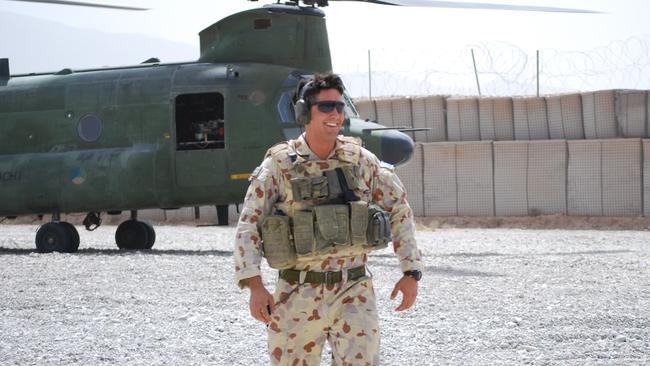
Mr Lee served 16 years – 11 years with 1RAR in ‘operational deployment’ – which translates as combat duty.
He served in East Timor in 2003 and 2005, Iraq in 2007 and Afghanistan in 2009 and 2010.
He watched in dismay as the Taliban rapidly took over Afghanistan when troops withdrew last year.
In Iraq, his role included protecting the Australian embassy.
“So we were right at the centre of Baghdad, right in the green zone, the centre of the insurgents, rockets every single day, bullets raining down on to the compound, it’s unbelievable – and that was in a highly populated area,” he recalled.
Mr Lee was then deployed to the 51st battalion FNQ regiment in a surveillance and reconnaissance role.
Mr Lee, who is an RSL Cairns sub-branch director, welcomes the Royal Commission into Defence and Veteran Suicide.
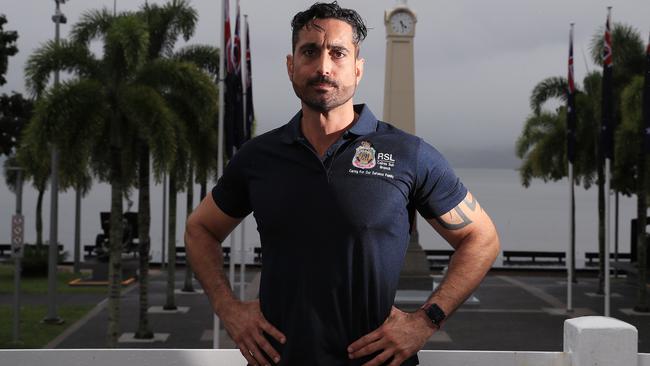
He has cervical, spinal and knee injuries that have needed complicated surgery, severe tinnitus – but it’s the PTSD and depression that are truly devastating.
“The biggest challenge is moving from the military to civilian life and making it in the civilian world, making citizens aware of what your capabilities are and what your expectations are, and the special needs that perhaps you might have,” he said.
“You’re instilled with such a sense of purpose when you’re in the military, and when you leave the military, you’ve still got that sense of purpose, but you’ve got nothing to apply it to – if you’re stuck in a job packing boxes or whatever, you’re going to go crazy.
“I found that finding employment afterwards is super difficult and a lot of my friends are the same, a lot of guys that I know, my age – the biggest problem is getting from the military to meaningful employment,” he said.
He’d like to see a fully realised exit plan for leaving the military – he was given two thick medical files and found navigating bureaucracy at the Department of Veteran Affairs (DVA) mind-blowingly difficult, discouraging and depressing.
Asked to describe what it is like living with PTSD, Mr Lee is lost for words.
He is hyper-vigilant, hyper alert, and has a tremor.
His anxiety during our interview is palpable.
“I think it’s really important for the general public to see PTSD and depression not as something that shouldn’t be talked about, it should be classed as any other illness,” he said.
“I try to be aware of myself and how I react to situations to manage it – it’s really quite complex, and not only does it impact your work life, it impacts your family, they just don’t understand what’s going on.”
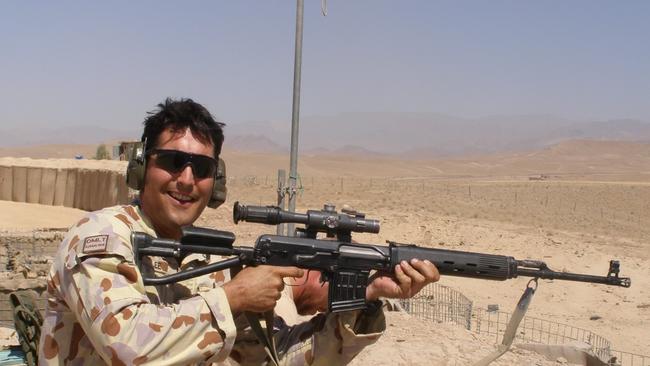
His absence with constant deployments cost him his marriage.
Mr Lee said although he served in intensely stressful combat situations, there was an element of predictability.
“In your unit, you know exactly what someone’s going to do and when they’re going to do it, it gives you a level of comfort,” he explained.
But the civilian world is confusing.
He has worked with two veteran support organisations but says more resources are sorely needed.
“It’s slowly changing, but it needs to be faster,” he said.
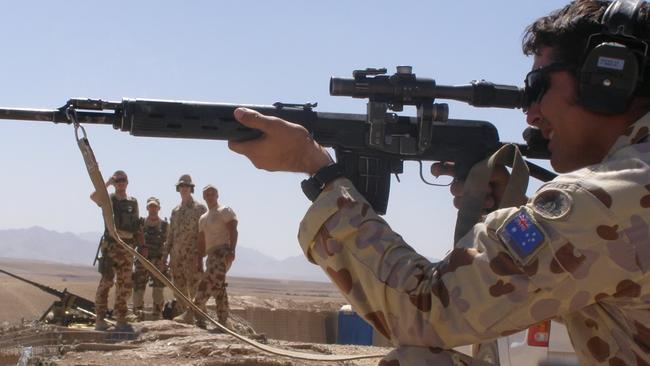
He cites the case of soldier and mate Bradley Carr, who served in Afghanistan, was bewildered by DVA bureacracy after being medically discharged, and took his own life on Anzac Day in 2019, aged just 34.
“It’s good that there’s the Royal Commission, to address young people, that have been in deployment like me, who have survived some pretty hardcore shit and perhaps helped other people survive hardcore stuff, and then come back and just can’t make it in regular life,” he said.
“The pain, they want to end the pain – there’s sort of an epidemic of people taking their own lives … I don’t think it’s their intention, but sometimes when you’re suffering, it’s all you can do, because you’re exasperated, you’ve tried everything.”
He believes many veterans aged under 40 suffer silently.
“The exact same thing happened with Vietnam veterans but when they came back in the 1960s and 1970s, there was a lot of anti-war sentiment, there’s not that these days, but they struggled with pursuing compensation and getting recognition.”
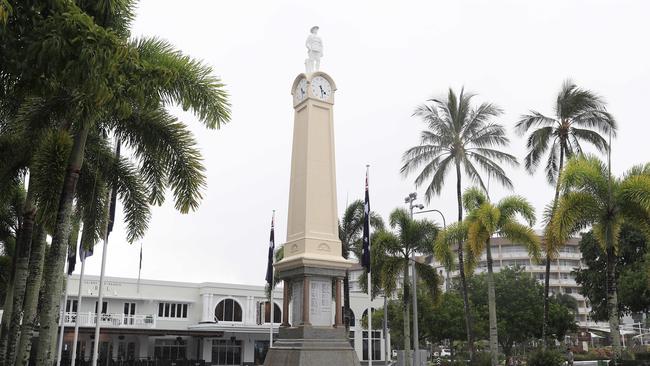
Mr Lee said veterans had enormous career potential, but were falling through the cracks.
“The skills each soldier gets on deployment are far-ranging, you’re a diplomat, you’re a medic, and sometimes you’re called upon to make life and death decisions, you have trust instilled in you, that’s what you carry out of the military and it’s not recognised by the outside world.”
Mr Lee believes the RSL has some work to do to become relevant and welcoming to people like a 24-year-old female veteran.
“The RSL is drawn to the older generation but I think they need to embrace the new generation or I don’t think they’ll exist – I’m 40 and I am one of the youngest,” Mr Lee said.
“I know a lot of veterans younger than me, but they’re not members of the RSL because they’ve got nothing in common, and there needs to be change.”
More Coverage
Originally published as Afghanistan, Iraq war veterans want recognition and support




